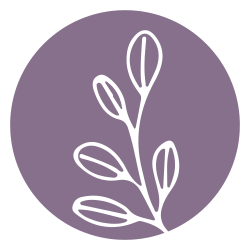Breast Cancer Gene Screening- who should get it?
Recent media attention has increased awareness of the tests available that check for certain gene mutations that increase a woman's risk of developing breast cancer. These mutations are called BRCA 1 and BRCA 2.Angelina Jolie was tested and found herself to be a carrier, and therefore at high risk, compared to non-carriers. She chose to have her breasts removed. Even though I know I am at a low risk of developing breast cancer, listening to the news coverage of Angelina Jolie made my heart race and prompted me to review the recommendations about screening for BRCA mutations. In case you are worried too, I would like to share the following. In North America, about 1 in 800 women have one of the gene mutations. Having these mutations does not mean that the person will definitely develop cancer. Having the BRCA 1 mutation increases the likelihood of breast cancer by 44-78%, and the likelihood of ovarian cancer by 18-54%. Having the BRCA 2 mutation increases the likelihood of breast cancer by 31-56% and ovarian cancer by 2.4-19%. Not everyone should be tested for the mutations. You should be tested if you have a family history of the following: - 3 or more cases of breast or ovarian cancer, with at least one case onset when the person was less than 50 years of age - 2 breast cancer cases below 40 years of age - male breast cancer - an Ashkenazi Jew with breast cancer below 60 years of age - young onset bilateral breast cancer (meaning breast cancer in both breasts) - breast cancer and ovarian cancer in the same person Please be assured that only a minority of people meet these criteria. Mastectomy is not the only option for those who find out they carry the BRCA mutations. If someone does not choose to have a mastectomy, it is recommended that she be checked more frequently for signs of cancer: monthly self breast exams, twice yearly clinical breast exams, and yearly mammograms and MRI's beginning at age 25.
